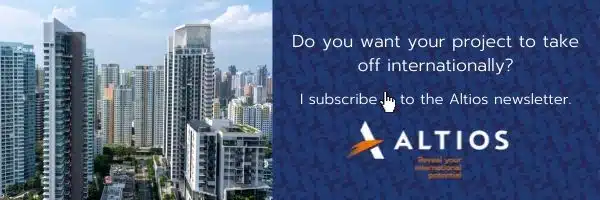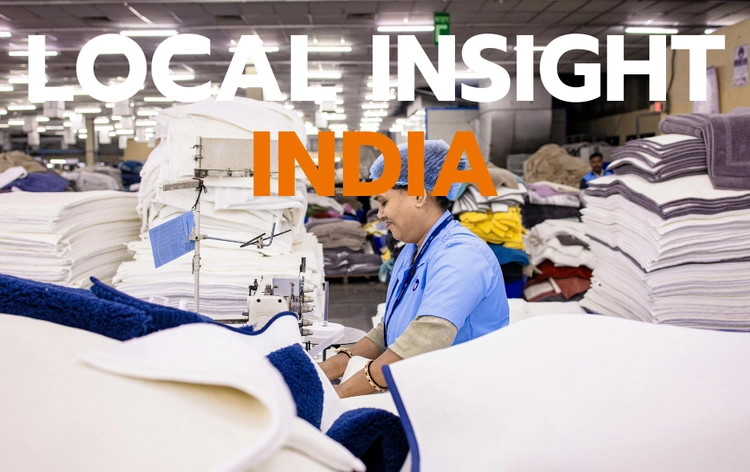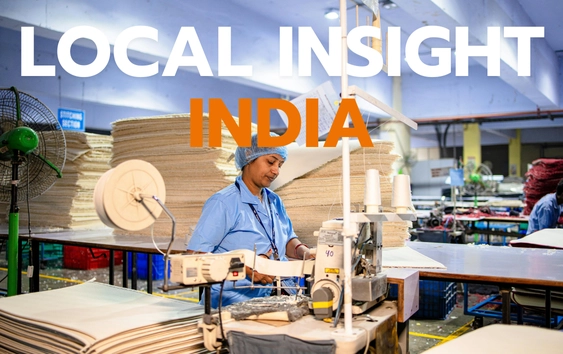Communication is the cornerstone of any project and enables the easy exchange of ideas, establishing the groundwork for enduring bonds and efficient operations. Businesses have plenty of opportunities when they venture into Vietnam’s burgeoning market, but success also depends on effective cross-cultural communication.
In an interview hosted by Zach Herbors for Business Way TV, ALTIOS Vietnam’s Country Coordinator Thuy Minh Giang explores key tips and best practices for successful business interactions in Vietnam.
Overcome communication hurdles
Communication is significantly impacted by cultural quirks. Some words that have neutral meanings in one culture might have different meanings in another.
For instance, the way that the words “ambition” or “being ambitious” are perceived in Vietnam or in Europe is divergent. In Europe, this concept is generally viewed as positive; ambition is seen as a desirable trait that leads to success and personal fulfillment.
However in Vietnam, this notion is nuanced: there are two distinct words used to express ambition, and each carries a different meaning. On the one hand, it conveys a positive sense, similar to the European perspective. On the other hand, it might imply competitiveness or even ruthlessness.
Here are invaluable recommendations on how to comprehend cultural differences in a business environment:
1. Learn Vietnamese and build personal relationships from scratch
Forming personal connections allows easier communication and shows a sincere interest in the local culture. Vietnamese partners are more likely to feel at ease and transparent when speaking to you in their mother tongue; it fosters closer business relationships.
2. Demonstrate adaptability and cultural sensitivity
Effective intercultural communication requires having an open mind and developing cross-cultural awareness. It is important to embrace diversity and recognize that what may be customary in one culture may not hold the same significance in another. By demonstrating respect for local customs and traditions, you can build credibility and trust.
3. Be clear in your statements
There will inevitably be misunderstandings in any cross-cultural situation. However, in order to minimize it, you should always ask questions and seek clarification when in doubt. By being proactive, you can prevent potential misinterpretations and foster a transparent and productive working relationship. Clear communication guarantees that everyone’s goals and expectations are in line.
4. Call on a mediator for smooth communication
Sometimes, despite best efforts, there may still be challenges. In this kind of situation, finding a trustworthy mediator can be very helpful. A mediator with expertise in both cultures can bridge any gaps in comprehension and help you and your Vietnamese partner communicate effectively. This go-between ensures that you both understood messages correctly and that any possible disagreements or inconsistencies are resolved right away.
3 impacts relating to different cultures
1. Language barrier
The language barrier presents a challenge due to the structure of the Vietnamese language. Unlike Latin languages and their derivatives, the Vietnamese language does not use tenses. This fundamental difference in grammar can make it difficult to grasp the nuances of Vietnamese communication.
As a result, some Vietnamese people can have a limited level of English, which makes communication harder. This is the reason why you have to be patient and consider varying levels of English proficiency.
2. Working hours
Some Vietnamese people are used to work on weekends. Sometimes, they may send urgent requests or inquiries during this time. It is crucial to understand this aspect of Vietnamese work culture in order to find mutually agreeable solutions when faced with time-sensitive issues.
3. Legal documents
The handling of legal documents may be a bit different from more secure methods seen in other cultures. Legal documents are usually sent via platforms such as Whatsapp or Zello. While these methods offer convenience and speed, they may not provide the same level of security as conventional methods. You need to take extra precautions to protect sensitive data.
Watch the full interview with Thuy Minh Giang for Business Way TV:
Want to learn more?
If you are interested in reading more articles about doing business in Vietnam, check out our article about how to choose a manufacturing site in Vietnam.










